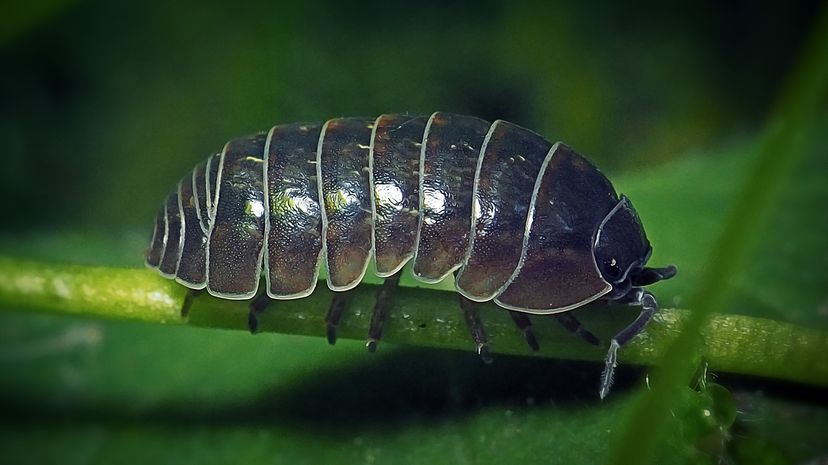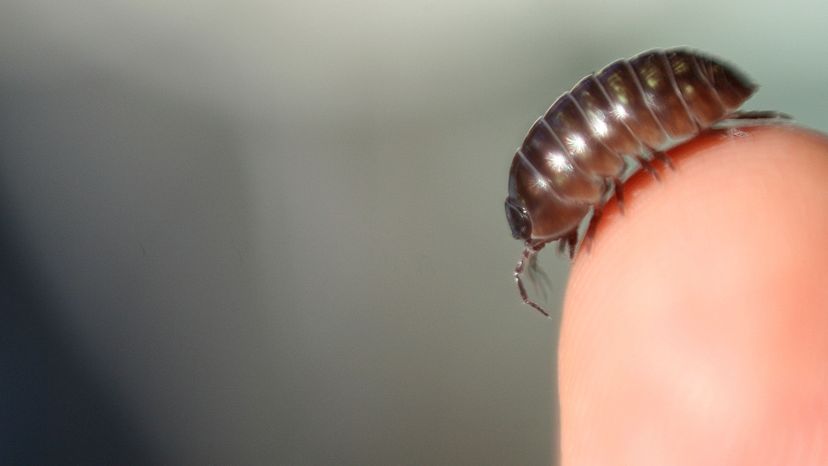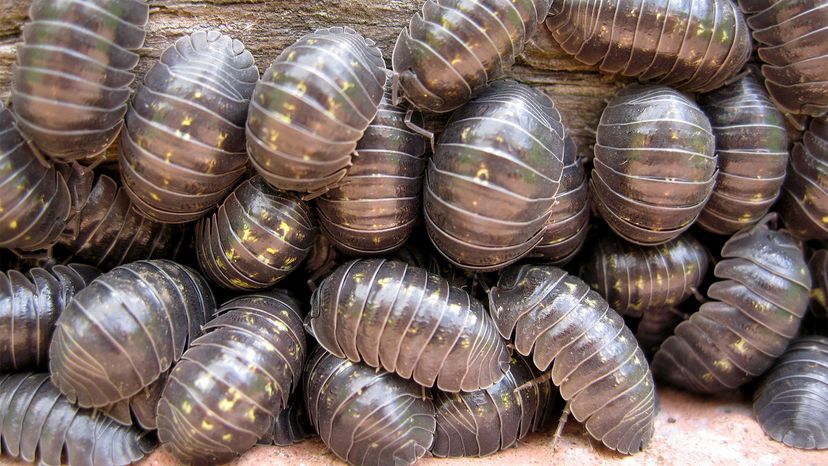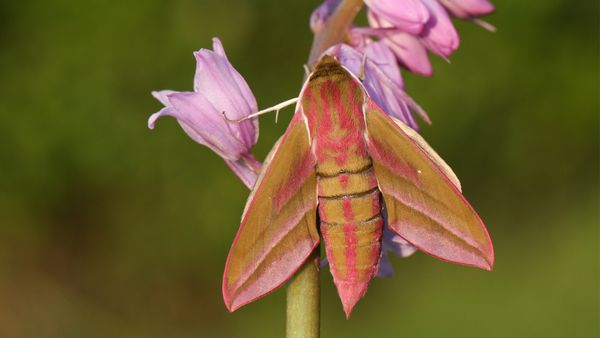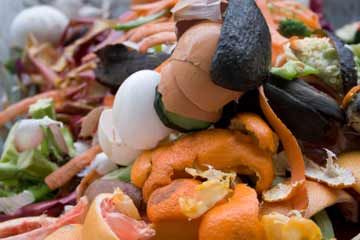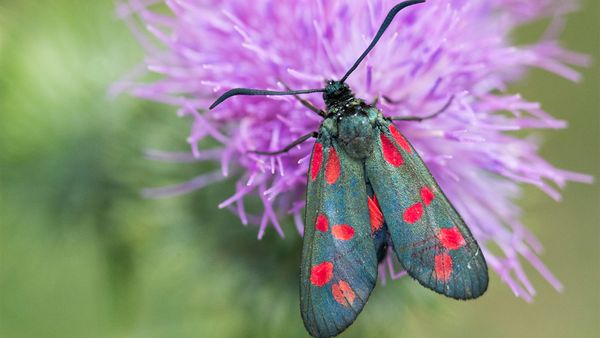It all starts with the microbes within the confines of the roly-poly's innards. These microscopic gut creatures actually help roly-poly bugs break down dead organic matter. Studies have shown the benefits of the roly-poly's detritivorous diet (meaning they absorb nutrients from decomposing plants, animals and poop) on soil. The roly-poly's particular eating habits positively affected the ecosystem by increasing the mineral content of the soil, essentially turning organic matter into healthy soil.
How does it work? A detritivorous diet increases the speed of decomposition in dead plants, animals or poop, increasing the bioavailability of nutrients in the soil. This gives plants a higher chance of survival by providing better quality soil. It's not just what roly-poly bugs add to the soil, but what they take out too.
Turns out these guys love heavy metals. After studying the composition of their insides, scientists found that roly-poly bugs ingest a lot of heavy metal contamination from our soil. That's why they can live and thrive in areas contaminated with toxins like lead, cadmium and arsenic. Once they've ingested these toxins, they become crystallized within their guts, meaning a construction site contaminated with heavy metals could effectively be cleaned by a bunch of hungry roly-poly bugs.
